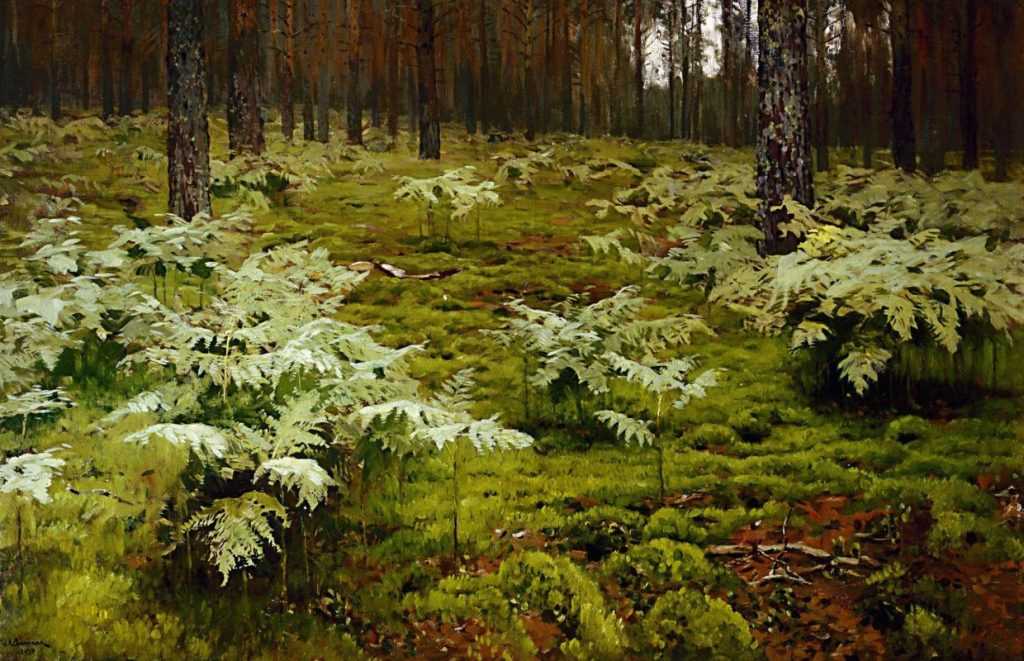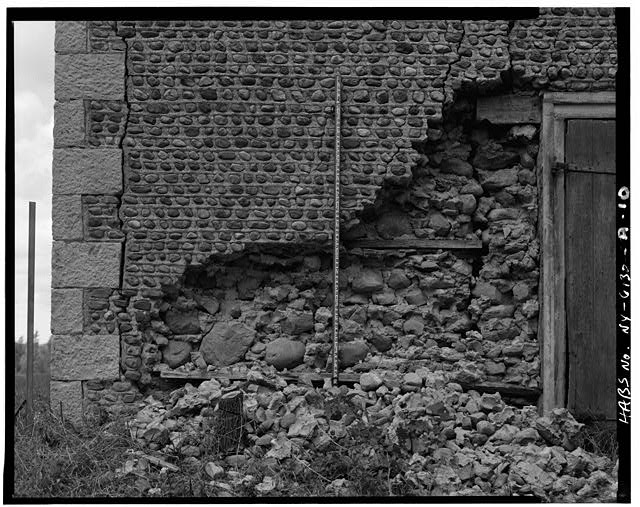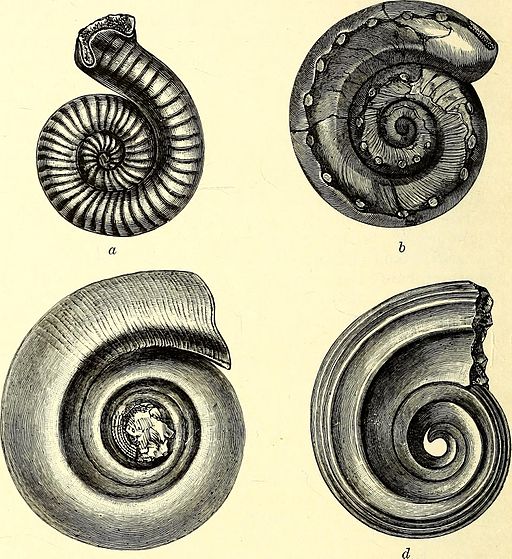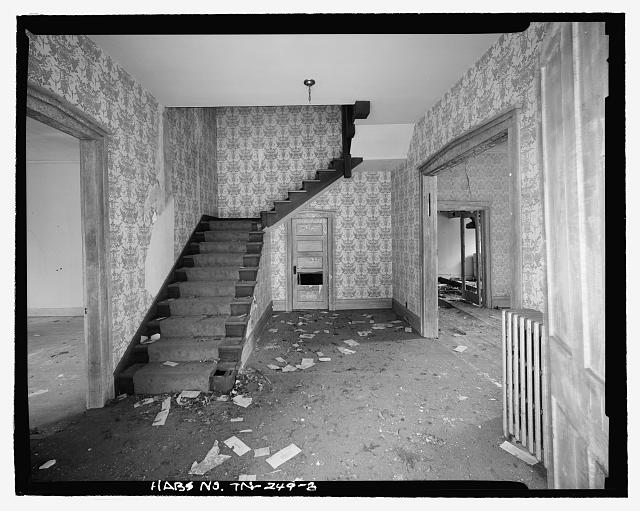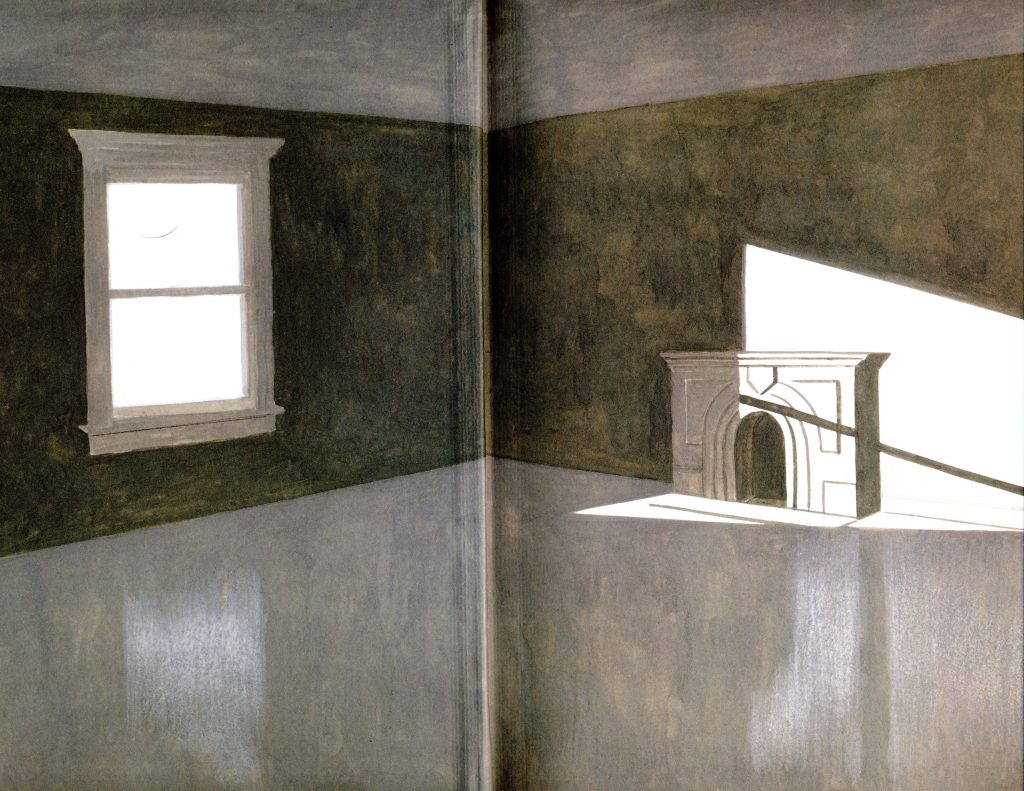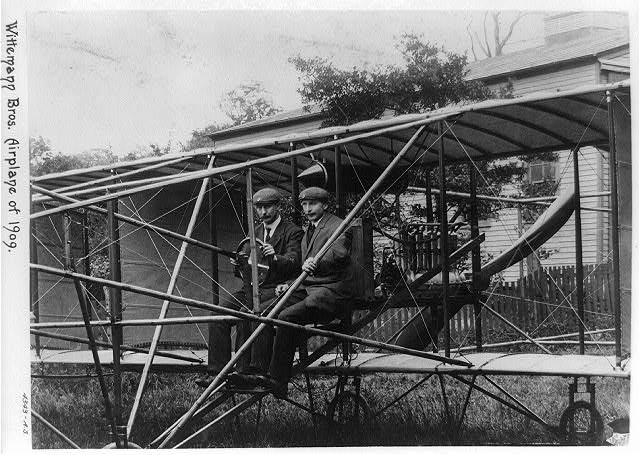“Of Breadcrumbs and Constellations,” by Lindsey Drager
So far their task has been simple. While a narrative might stray a bit in one telling, or embellish or neglect a detail in another, they’ve received and recorded the stories without substantial disagreement. But now, in this moment, a woman sits in front of the Grimm Brothers, telling them a story of siblinghood that offers a bit of concern.
“Of Breadcrumbs and Constellations,” by Lindsey Drager Read More »

